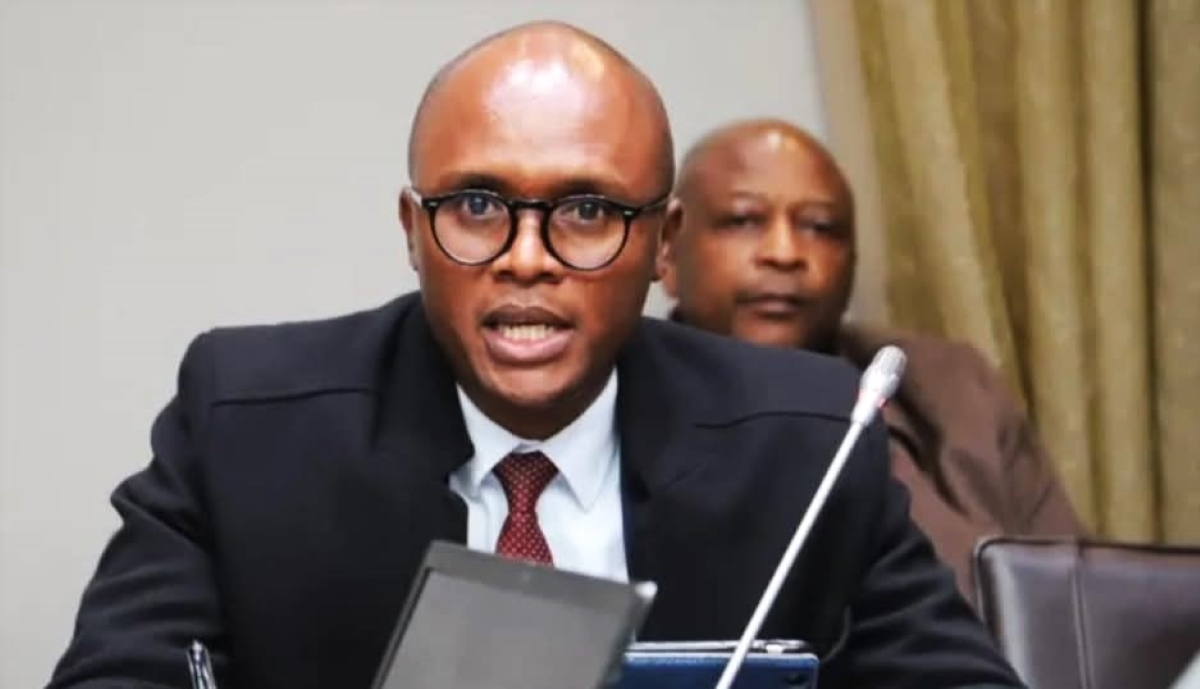South Africa’s Minister of Communications, Solly Malatsi, has firmly denied accusations that the government is altering its Black Economic Empowerment policies to accommodate Elon Musk’s Starlink satellite internet service.
The minister’s statement, made before Parliament of Cape Town on May 27, 2025, addresses speculation surrounding a draft policy that appeared to relax the country’s 30 percent local Black ownership requirement for telecom companies, a move some believed was tailored to enable Starlink’s entry into the South African market.
Minister Malatsi emphasized that South Africa is not creating exemptions for Starlink or any individual company.
Black Economic Empowerment (BEE) policy, designed to redress historical inequalities by ensuring Black ownership in businesses, remains a cornerstone of the nation’s regulatory framework.
Malatsi clarified that the draft policy aims to streamline processes for all telecom operators, not to favor Musk’s company, despite the billionaire’s public criticism of the ownership rules.
The minister’s stance counters earlier reports suggesting the government was negotiating a workaround to allow Starlink to operate without meeting the 30 percent requirement.
Starlink, Musk’s satellite internet venture, has faced hurdles in entering South Africa due to the BEE mandate, which requires telecom firms to have significant ownership by historically disadvantaged groups.
Musk, a South African-born entrepreneur, has argued that these regulations unfairly restrict his company, sparking a public spat with the government.
The debate intensified after the presidency accused Musk of holding unprogressive views, while supporters of the policy argue it is essential for economic transformation. The government’s refusal to bend underscores its commitment to prioritizing local empowerment over foreign investment demands.
The issue has fueled heated discussions, with some praising the government’s commitment to BEE as a defense of South Africa’s sovereignty and economic justice.
Others argue that rigid regulations could deter investment and limit access to high-speed internet, especially in underserved rural areas where Starlink could make a significant impact.
The Economic Freedom Fighters (EFF) condemned the draft policy as a capitulation to foreign pressure, while business groups have called for a balance between empowerment goals and technological advancement.
The government’s firm stance risks delaying Starlink’s deployment, potentially slowing the expansion of affordable internet access.
However, it reinforces South Africa’s dedication to its transformation agenda, ensuring that economic opportunities prioritize historically marginalized communities.
As the draft policy undergoes parliamentary review, the outcome will shape the balance between foreign investment and local empowerment in Africa’s most industrialized economy.
South Africa’s rejection of special treatment for Elon Musk’s Starlink underlines its unwavering commitment to Black Economic Empowerment, despite pressure to relax regulations. Minister Solly Malatsi’s defense of the policy reflects a broader resolve to prioritize local interests, even as it complicates Starlink’s entry.
As debates continue, South Africa stands at a crossroads between embracing global innovation and upholding its transformative economic principles.

